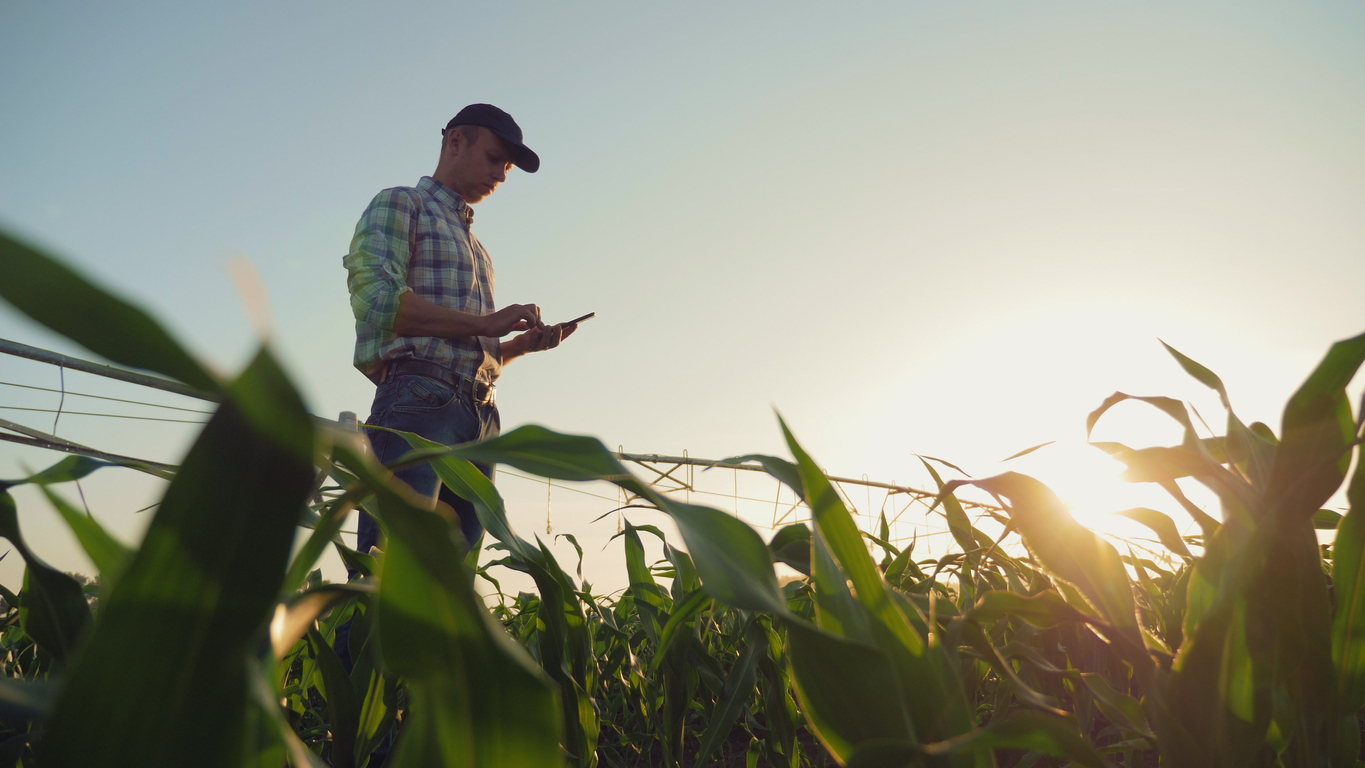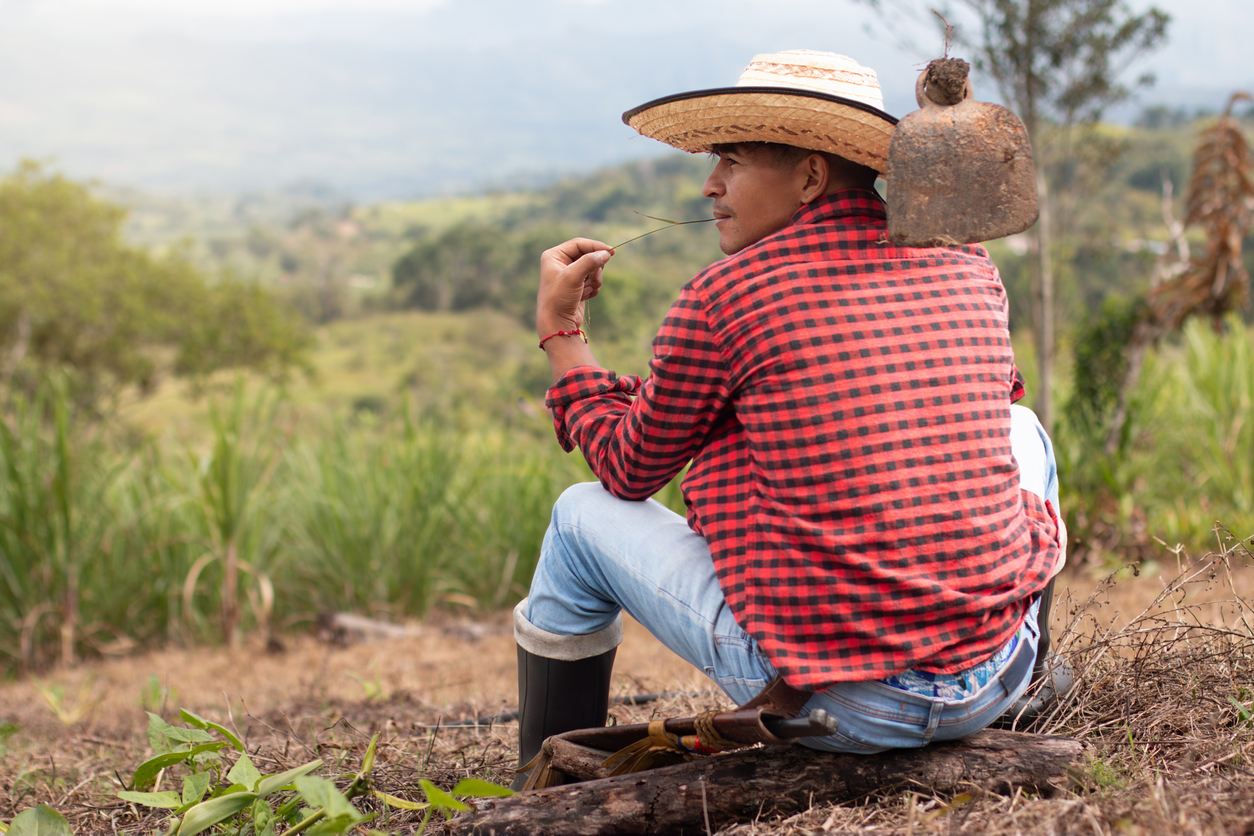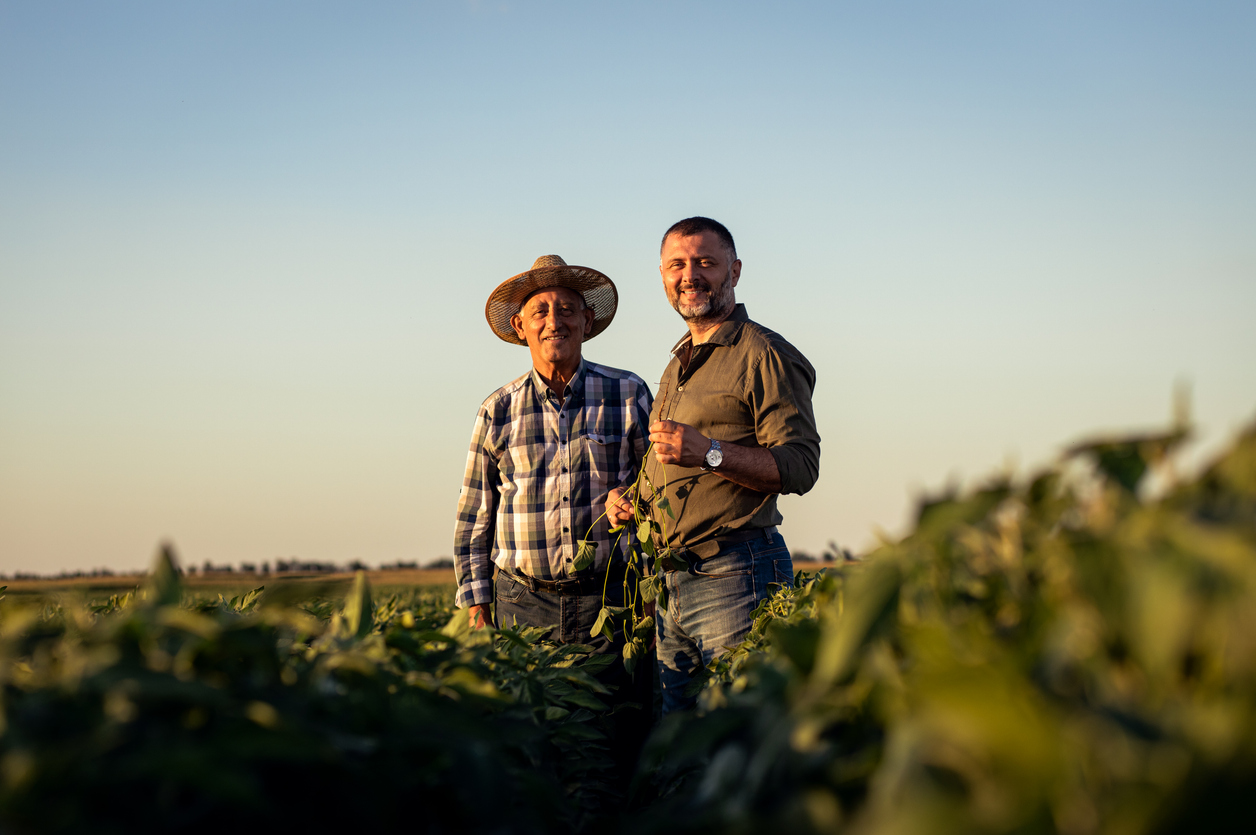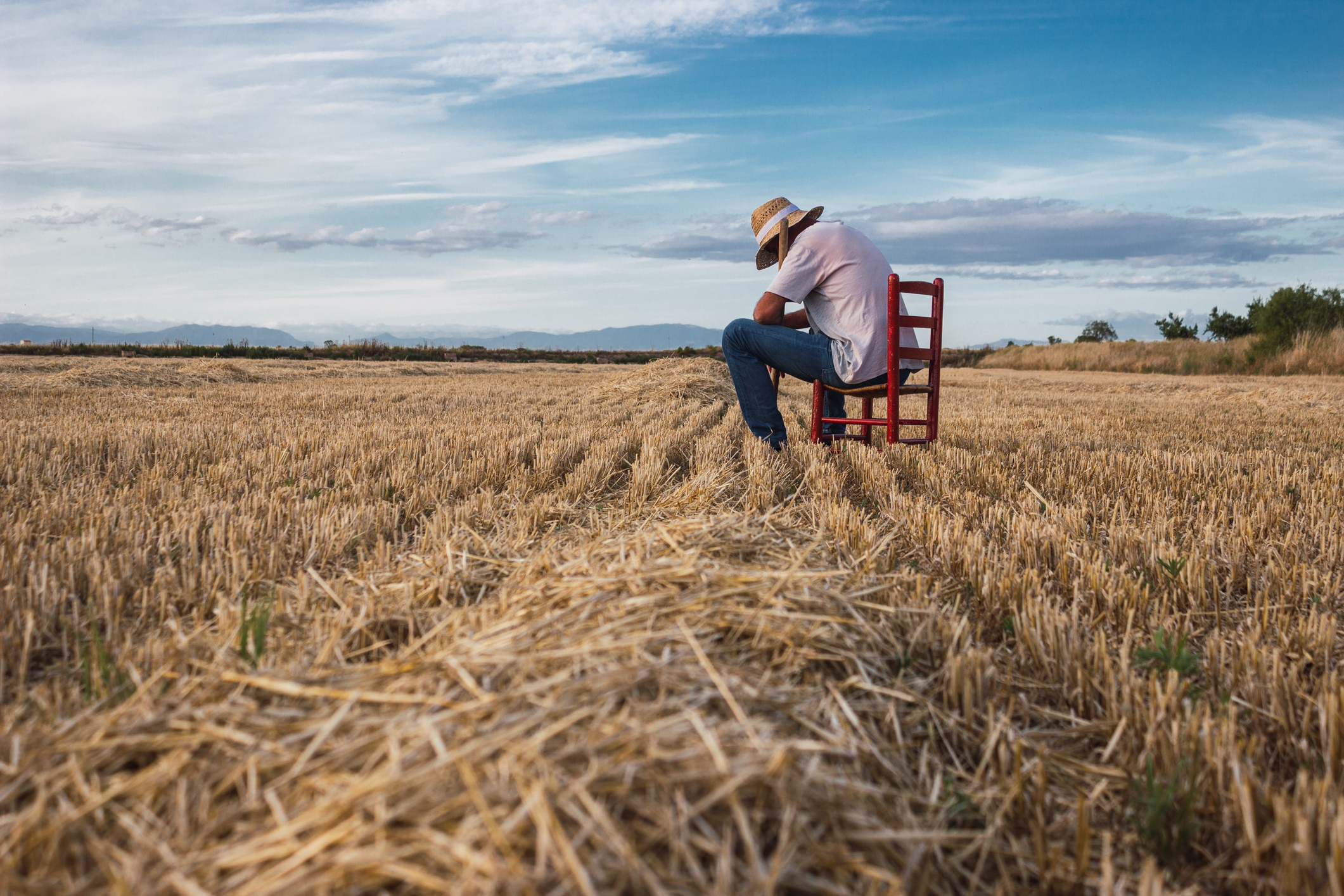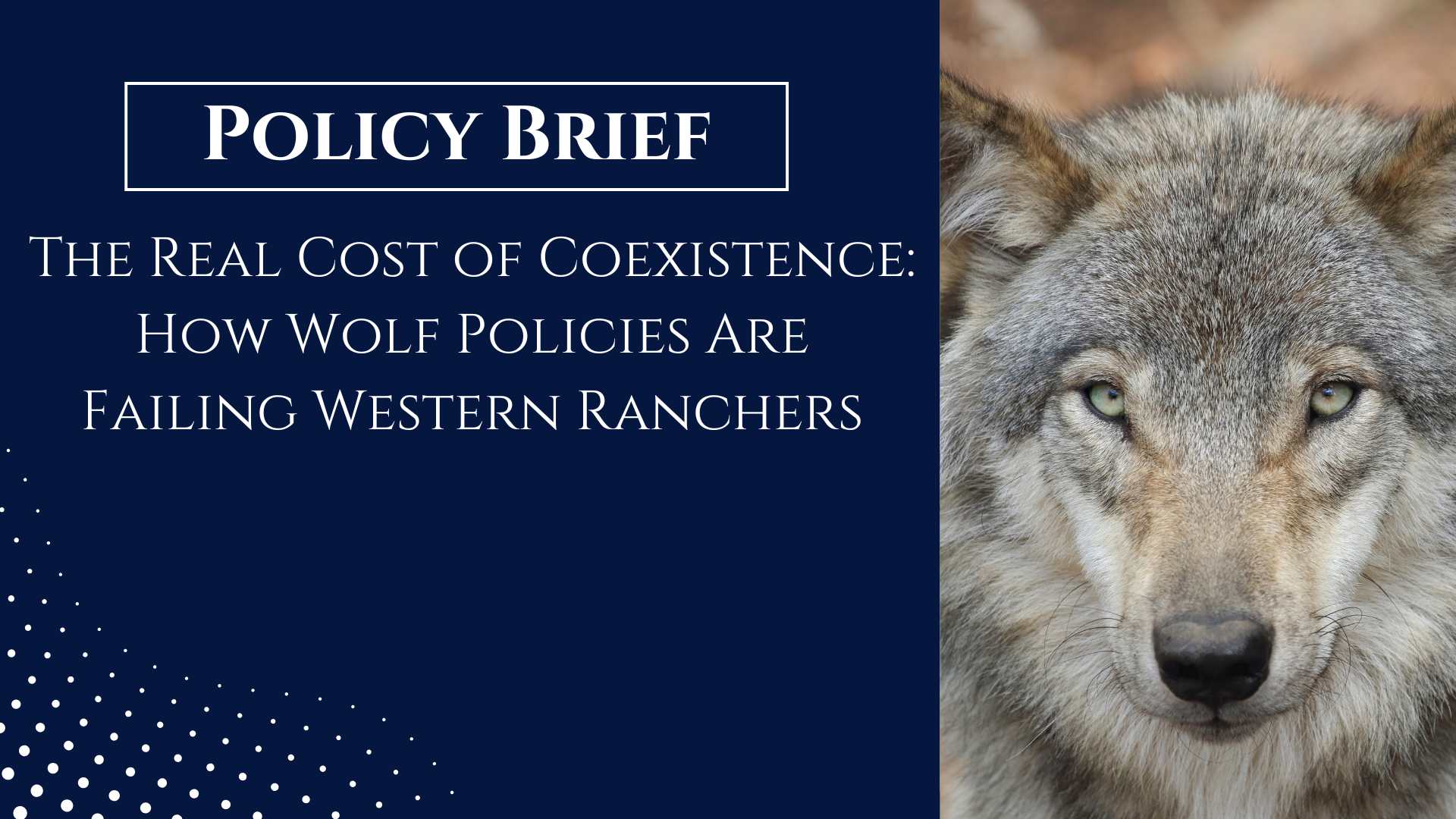As the state continues to wrestle with how to deal with the ramifications of the pandemic, it is increasingly apparent there is a need to be flexible with policy and rules regarding the health and safety of farmworkers around the state. The policies are there in an effort to protect the people with the hardest task of all: keeping food on the tables of those around them.
For example, the rules for temporary worker housing include assigning all farmworkers to 15-person or less groups for their safety and the safety of the other workers on the farms. However, there were a number of questions left unanswered when the group rules were put in place. According to the rules, farmworkers are supposed to live, work, eat, and travel exclusively with members of their group for the duration of their employment, which could be months.
In the case of H-2A workers, they are working for an employer on a visa. Some concerns arise for people in a group situation including where personal autonomy begins, where the line between work and personal time is, and what are considered reasonable expectations in extraordinary circumstances.
Most importantly, no employee is mandated to work. Whether an employee is working on an H-2A visa or was hired from a local labor pool, their personal autonomy is the same. Employers are currently required to update employees about any changes to their rights or benefits whenever they occur – including their right to choose not to report to work and to seek COVID-19 benefits.
When an employee is actively engaged in work activities, abiding by the grouping rules seems like a reasonable expectation because they are on their employer’s time. However, H-2A workers are contracted to work a specific number of hours, not an indefinite or 24-hour schedule, and are afforded free time. In an assigned group, the line needs to be specifically drawn between what are considered work hours and what is deemed personal time for both the employer and the employee. When employees are off the clock, policing their activities becomes their personal responsibility.
The line between work hours and personal time needs to be clearly drawn for employers and employees so that employers are not held responsible for entertaining their employees during their off-hours or compensating them for being held in an “on-call” status.
Finally, as the height of the picking season approaches, we need to remember that employers and employees are truly in this situation together. Employers, employees, and government regulators are learning on the fly. Employees are adapting to new work environments and braving safety concerns every day. A reasonable expectation for all involved in agriculture is a steep learning curve.
COVID-19 has been a punch to the gut of the agricultural community; forcing employers and employees to make hard decisions about how they will continue to operate in the most difficult circumstances endured since the 1980s. While the current crisis is partially financial, it is primarily about people and the ability of workers to earn a living and farms to continue to provide food, jobs, economic benefit, and more.
It is important to prioritize health and safety. It is also important to prioritize personal autonomy, boundaries, and flexibility in the face of a global pandemic that is affecting every facet of our daily lives.

